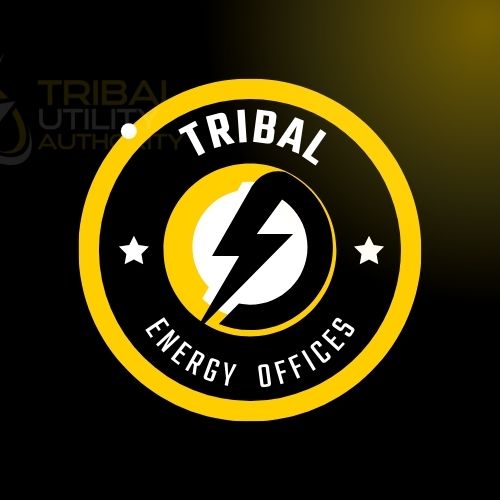Tribal Utility Authority Part XIV: Emergency Response Planning
Tribal Utility Authority | Powered By Red Power Energy
TUA Experts
+1 855-573-3769
Good >Better>Best Options
Emergency Response Planning
Emergency response planning serves as your utility’s shield against disasters and disruptions. While no one likes to think about emergencies, careful planning helps ensure your utility can maintain essential services during difficult times. Think of emergency planning as traditional tribal wisdom applied to modern utility operations—just as ancestors prepared for challenging seasons, your utility must prepare for various emergency scenarios.
Risk assessment provides the foundation for effective emergency planning. Every utility faces different risks based on location, system design, and environmental conditions. Natural disasters like floods, earthquakes, or severe storms might threaten some areas, while others face greater risk from equipment failures or accidents. Understanding your specific risks helps focus planning efforts where they matter most. Many successful utilities regularly review and update their risk assessments to ensure plans remain relevant.
Emergency types requiring response planning typically fall into several categories. Natural disasters demand one type of response, while system failures or accidents need different approaches. Some emergencies affect single systems, while others impact entire utility operations. Consider both immediate response needs and recovery requirements for each type of emergency. Experience shows that comprehensive planning for various emergency types helps ensure effective response regardless of the situation.
Response team organization establishes clear roles and responsibilities during emergencies. This involves more than just assigning titles—effective teams need a clear understanding of their duties and authority during different types of emergencies. Consider both technical response needs and coordination requirements when organizing teams. Many utilities find that well-organized response teams help maintain effective emergency operations while supporting quick recovery.
Communication systems prove crucial during emergencies. Both internal communication between utility personnel and external communication with customers and other agencies need careful planning. Consider both primary communication methods and backup systems when infrastructure fails. Multiple communication channels often prove necessary, from radios and phones to emergency notification systems. Experience shows that reliable communication supports effective emergency response while maintaining community confidence.
Equipment requirements vary with different emergency types. Some situations need portable generators or pumps, while others require specialized repair materials or safety equipment. Consider both immediate response needs and sustained emergency operations when planning equipment resources. Many successful utilities maintain dedicated emergency equipment while establishing agreements for additional resources when needed.
Supply stockpiles support emergency operations when normal supply chains fail. Critical repair parts, treatment chemicals, and emergency supplies need secure storage and regular inventory checking. Consider both immediate emergency needs and potential extended operation requirements when establishing stockpiles. Experience shows that appropriate emergency supplies help maintain essential services while supporting quick recovery.
Mutual aid agreements provide access to additional resources during major emergencies. These agreements with other utilities or agencies can supply extra personnel, equipment, or supplies when local resources prove insufficient. Consider both what help you might need and what assistance you could provide when developing these agreements. Many utilities find that strong mutual aid relationships provide crucial support during serious emergencies.
Training requirements ensure response team readiness for various emergencies. This involves both general emergency response training and specific preparation for likely scenarios. Regular drills and exercises help maintain response capabilities while identifying potential improvements. Consider both individual skill requirements and team coordination needs when planning emergency training. Experience shows that well-trained response teams handle emergencies more effectively while maintaining safer operations.
Documentation systems support both emergency response and recovery operations. Clear procedures guide immediate response actions, while detailed records track emergency activities and expenses. Consider both operational needs and possible reimbursement requirements when establishing documentation systems. Many successful utilities find that thorough emergency documentation helps improve response effectiveness while supporting disaster assistance claims.
Coordination procedures ensure effective interaction with other emergency responders. Tribal emergency services, local agencies, and federal resources might all become involved during major emergencies. Consider both command structures and communication protocols when planning emergency coordination. Experience shows that well-planned coordination helps maintain effective emergency response while avoiding confusion or conflicts.
Community notification systems keep customers informed during emergencies. Different situations require different notification approaches, from immediate alerts about service disruptions to longer-term updates about recovery progress. Consider both technical capabilities and community needs when developing notification systems. Many utilities find that effective community communication helps maintain public support while reducing emergency impacts.
KEEP READING BELOW
WIDE RANGE OF TRIBAL UTILITY SERVICES
Do you need Tribal Solar Help ? Look no further!
Leading experts in Tribal Utility Authority formation, IPP development, and PPA negotiation. Transform your tribe's energy infrastructure with comprehensive solutions backed by decades of experience in Indian Country.
- Tribal Utility Authority Formation
- Independent Power Producer Development
- Power Purchase Agreement Negotiation
- Virtual Tribal Energy Office Implementation
- Energy Program Management
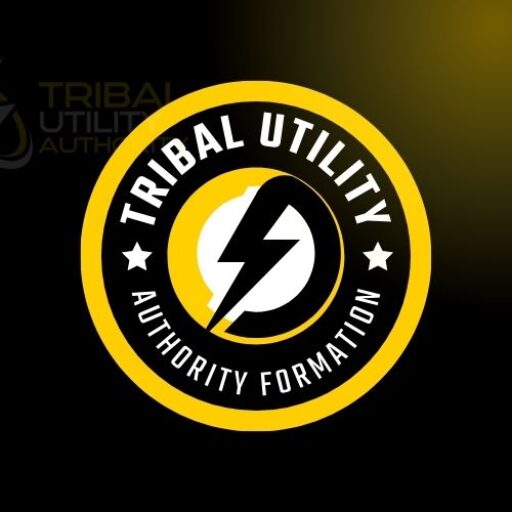
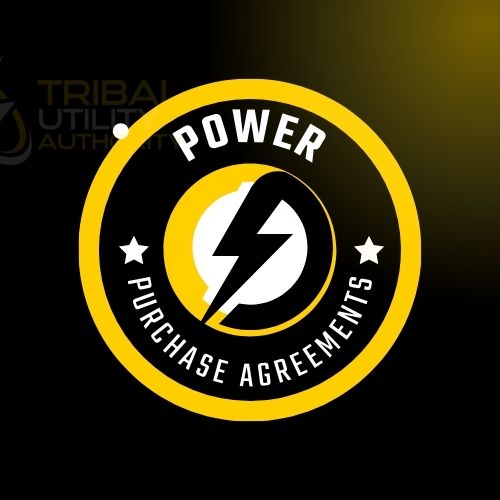
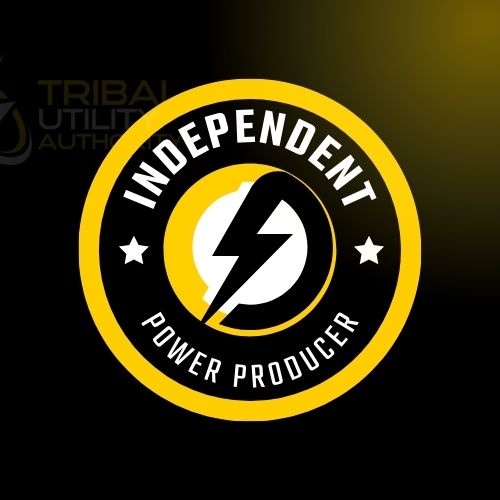
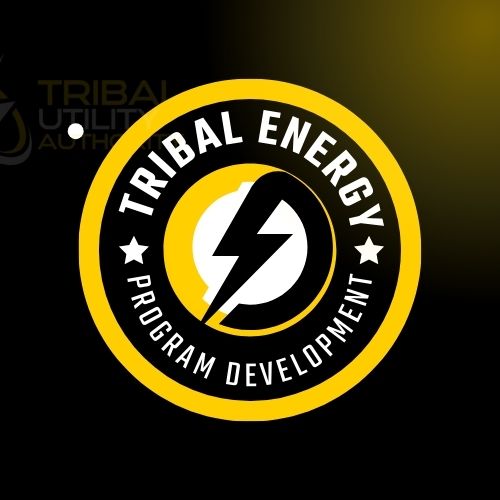
Recovery planning helps restore normal operations after emergencies end. This involves both immediate service restoration and longer-term system recovery. Consider both technical requirements and community needs when developing recovery plans. Experience shows that comprehensive recovery planning helps accelerate the return to normal operations while managing recovery costs.
Financial planning ensures resources for emergency response and recovery. This involves both emergency funds for immediate needs and insurance or disaster assistance for major events. Consider both routine emergency costs and major disaster expenses when planning financial resources. Many successful utilities maintain dedicated emergency reserves while ensuring adequate insurance coverage.
Environmental protection remains important even during emergencies. Spill prevention, waste management, and environmental monitoring need consideration in emergency planning. Consider both immediate environmental risks and longer-term protection needs when developing emergency procedures. Experience shows that environmental consciousness during emergencies helps prevent additional problems while maintaining community support.
Cultural resource protection deserves attention in emergency planning. Sacred sites, cultural artifacts, and traditional practices need consideration during both response and recovery operations. Consider both immediate protection needs and longer-term preservation requirements when planning emergency operations. Many utilities find that cultural sensitivity during emergencies helps maintain community relationships while protecting important resources.
Regular plan updates keep emergency procedures current and effective. Changes in systems, risks, or resources might require adjustments to emergency plans. Consider both technical updates and procedural improvements when reviewing emergency plans. Experience shows that regular plan maintenance helps ensure effective emergency response while incorporating lessons learned from actual events.
Testing procedures verify emergency plan effectiveness before actual emergencies occur. Regular drills and exercises help identify potential problems while maintaining response capabilities. Consider both routine procedures and major emergency scenarios when planning tests. Many successful utilities conduct regular emergency exercises while maintaining continuous improvement processes.
Resource management during emergencies requires careful planning and control. Personnel, equipment, and supplies need effective allocation and tracking during emergency operations. Consider both immediate response needs and sustained operation requirements when planning resource management. Experience shows that effective resource management helps maintain emergency operations while controlling costs.
Documentation requirements support both immediate response and later analysis. Clear records of emergency activities, decisions, and expenses prove valuable for various purposes. Consider both operational needs and possible review requirements when planning emergency documentation. Many utilities find that thorough documentation helps improve future response while supporting assistance claims.
Recovery evaluation helps improve future emergency planning. Careful review of actual emergency responses identifies both successes and areas needing improvement. Consider both technical performance and coordination effectiveness when evaluating emergency operations. Experience shows that thorough recovery evaluation helps enhance emergency planning while supporting continuous improvement.
Long-term planning ensures emergency response capabilities continue meeting utility needs. Changes in systems, communities, or environments might require adjusted emergency procedures. Consider both immediate capabilities and future requirements when planning emergency response programs. Many successful utilities maintain flexible emergency plans while ensuring sustainable response capabilities.
Experienced Tribal Solar Experts
WE USE THE LATEST TOOLS & TECHNOLOGY
We provide reliable and quality electrical services to customers in the area. We specialize in all aspects of residential and commercial electrical work, from new installations and upgrades to repairs and maintenance.
We are a full-service electrical contractor dedicated to providing quality electrical services to both residential and commercial customers. Our team of experienced electricians are highly trained and certified.
TRIBAL UTILITY AUTHORITY CONSULTING
Expert guidance in establishing and managing tribal utility authorities, helping Native American communities achieve energy sovereignty through strategic planning and implementation.
TRIBAL UTILITY PROGRAMS
Comprehensive support for developing and implementing sustainable tribal utility programs that enhance community self-reliance and economic development.
TRIBAL UTILITY AUTHORITY FORMATION
Complete assistance in establishing legally sound tribal utility authorities, including regulatory compliance, governance structure development, and operational framework creation.
TRIBAL UTILITY AUTHORITY OPERATIONS
Professional support for day-to-day utility management, including system maintenance, customer service, billing operations, and performance optimization.
TRIBAL UTILITY AUTHORITY TECHNOLOGY
State-of-the-art technological solutions for modern tribal utility operations, featuring advanced metering, smart grid capabilities, and integrated management systems.
TRIBAL UTILITY AUTHORITY WORKFORCE
Specialized workforce development programs focused on building local capacity through technical training, professional development, and ongoing operational support.
Are you in need of an Tribal Utility Authority Expert ?
Look no further! Our team is here to help.
REACH OUT AND CONNECT
Get a Complete Quote
Your bridge to meaningful communication and personalized assistance, we're here to listen and assist you
Latest Tribal Utility Authority Updates
NAVIGATING IDEAS AND INSPIRATION
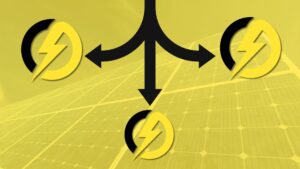
Tribal Utility Authority Overview
A tribal utility authority is a specialized administrative entity established by a Native American tribe to manage and operate essential utility services within their tribal

Tribal Utility Authority Formation: Harnessing Tribal Energy Sovereignty
Tribal Utility Authority Formation: Harnessing Tribal Energy Sovereignty Welcome to TribalUtilityAuthority.com, the definitive resource on establishing and operating Tribal Utility Authorities (TUAs) to achieve energy




